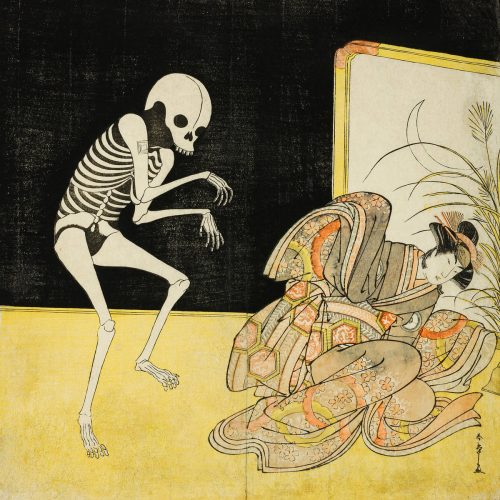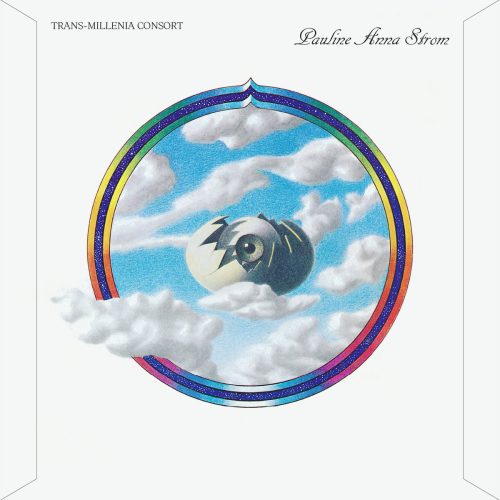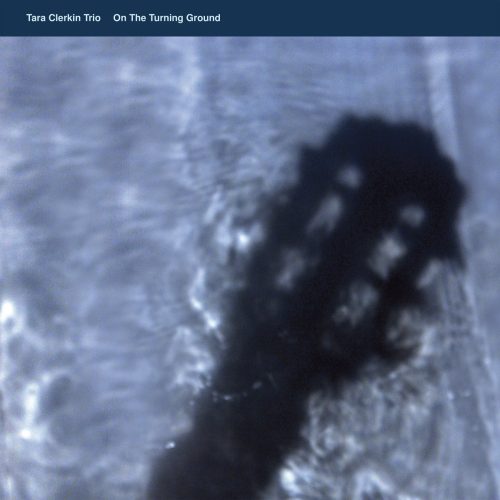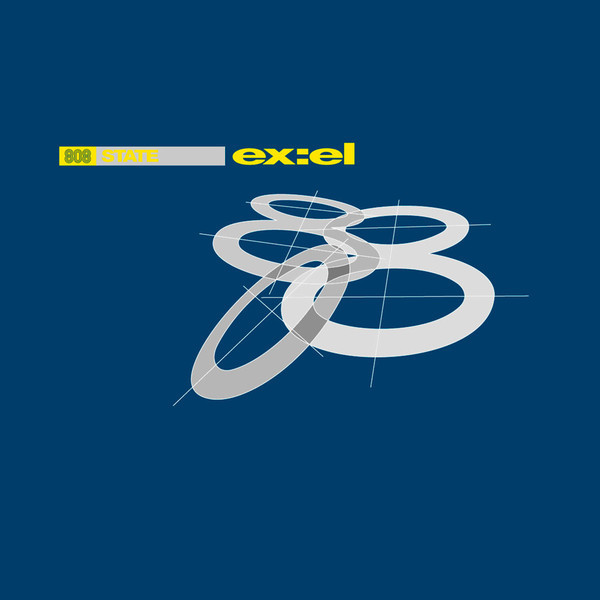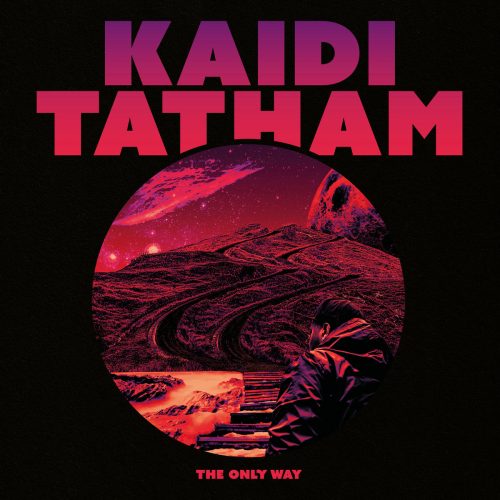Kwaidan (5th Anniversary Edition)
Genre: Electronic, Experimental, Far East, Japanese, World
$44.99
Out of stock
Hiroshima-based artist Meitei announces the reissue of Kwaidan on the 5th anniversary of his groundbreaking debut album. A collaboration between 2 labels – KITCHEN. LABEL (Kofū I & II) and Evening Chants (Kwaidan), the reissue sees the highly anticipated special 5th Anniversary Edition of Kwaidan with two previously unreleased bonus tracks. This will be released on long-out-of-print vinyl format in a new color variant, with an 8-panel insert and the first-ever CD version.
In 2018, Meitei shook the ambient world with the release of his debut album Kwaidan, a transposition of Japanese folklore into intricate compositions, capturing what he would coin as the “lost Japanese mood”. The album almost instantly received critical acclaim from the likes of Pitchfork, where it was included in their Best Experimental Albums of 2018, Bandcamp, calling it “different from some of the ambient music that has been coming from Japan in recent years”, The Wire and more.
Kwaidan (怪談) is a style of Japanese ghost stories. Meitei took it as a challenge of his skill as a musician to transpose the folklore into intricate compositions, capturing this lost “Japanese mood”. “The shocking elements in the horror have become a staple. It functions as entertainment. But I felt the mood and ambiance from Kwaidan is starting to wither – while the darkness is scary, the beauty is in the curious spirit,” explains Meitei.
Koizumi Yakumo is an important figure in the Japanese literary world, known for his legends and ghost stories. He left the world, leaving a masterpiece called Kwaidan, heavily inspiring Meitei’s album direction. Sazanami, Curio, Shoji and Mushiro are seen as a nod and tribute to his work. Other influences include manga author Mizuki Shigeru, who drove the sound for Touba and Jizo, intended to be a homage soundtrack for his manga Gegege no Kitarō. As an old-fashioned man, Meitei also draws from the legendary Hayao Miyazaki of Studio Ghibli. With this very eclectic mix of influences, the album Kwaidan possesses a prominent horror element, comedy, sentimentality and sorrow. He compares the ambiance as one would visually with wet moss, shrouded in mist.
“Music is an important human communication tool. Expressing a mood that is almost impossible to translate into language perfectly is interesting.” While most of the above might stem from influential Japanese art, Meitei was also attracted to the new wave of lo-fi hip hop, which he tried to weave into his music subtly. Something as easy as the wrong placement of a kick and snare on a track can divert the track away from the Kwaidan mood. Yet, Meitei found a delicate balance, resulting in a gorgeously crafted album.

